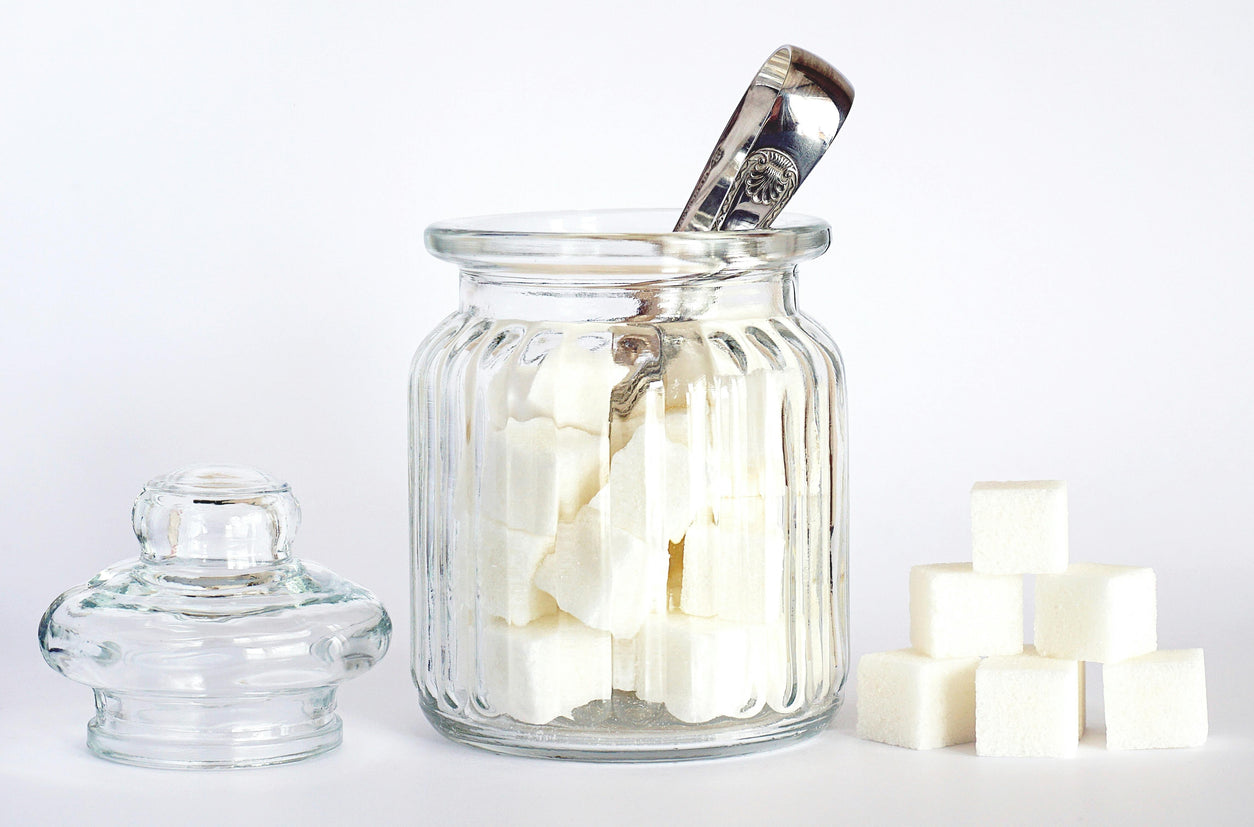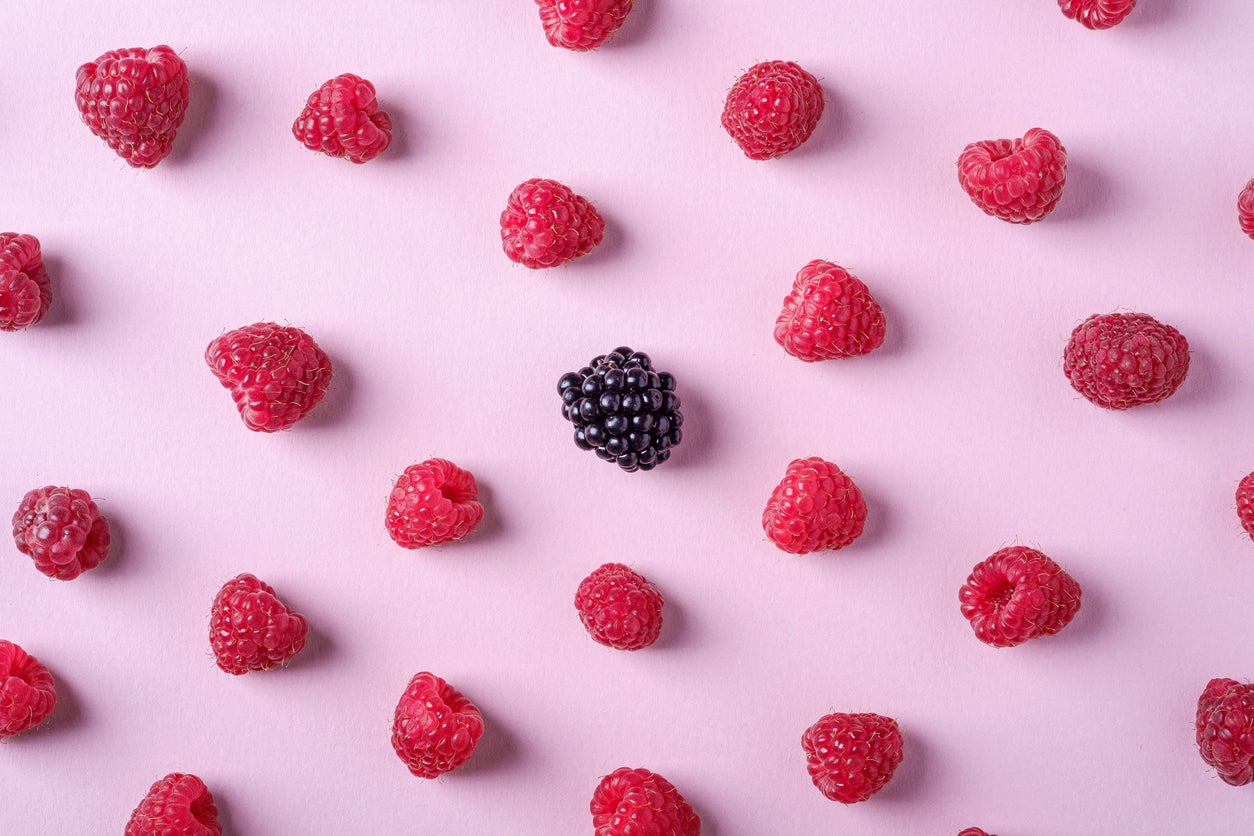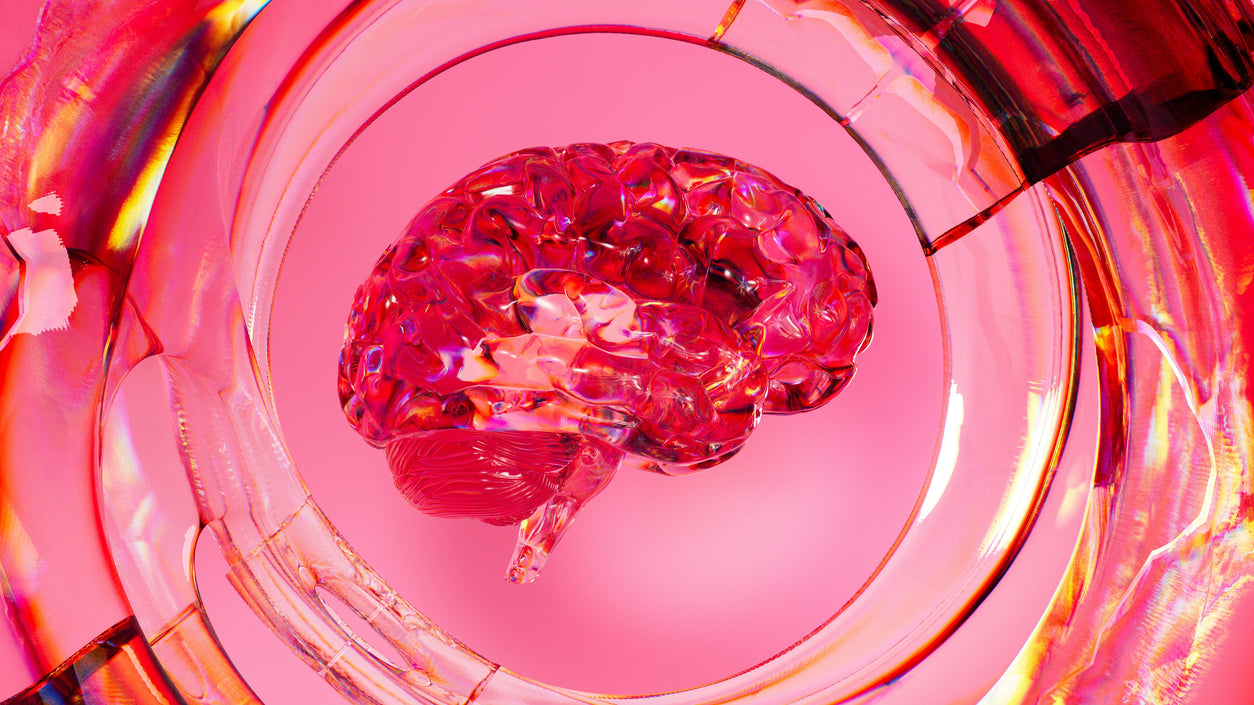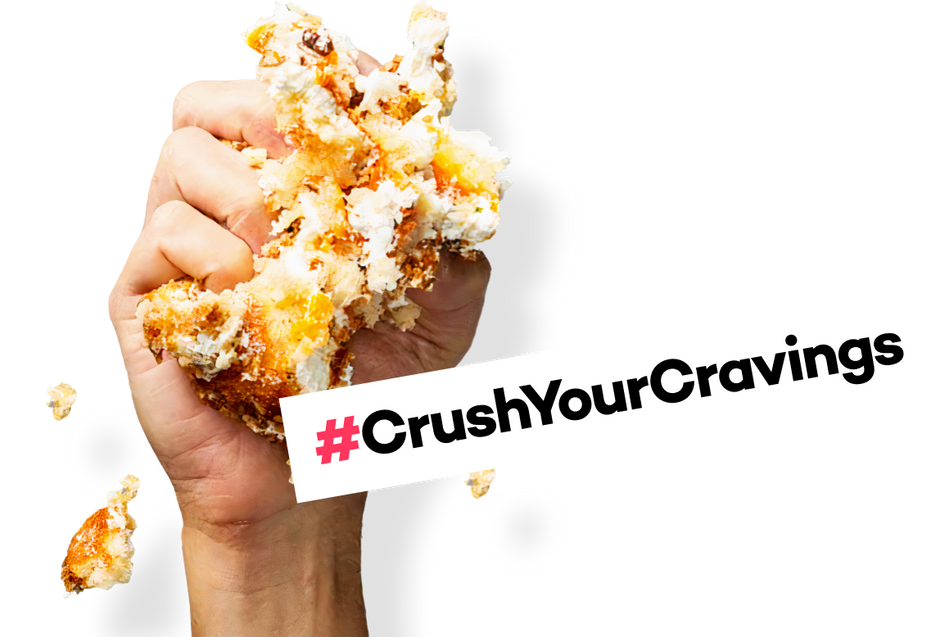We’re all familiar with the frustration of a throbbing headache that just won’t go away. It can ruin our productivity, stop us from enjoying the things we love and is just a simple way to ruin our days. Sometimes even painkillers aren’t enough.
That’s why, if your headaches are becoming more and more common, it’s time to pay attention. There’s always an underlying reason, and it’s up to you to find it.
A likely culprit? Sugar.
Sadly, there’s a high chance that the sugary treats you crave are the main reason for that persistent headache.
Here, we'll investigate the connection between sugar consumption and headaches, and practical strategies to help you manage your blood sugar fluctuations, and avoid those irritating headache symptoms.
Sugar and Different Types of Headaches
Not all headaches are created equal. However, many of the different types of headaches can be triggered by sugar. Here are a few of the main types and how sugar can induce them.
Sugar and Migraines
Migraines are characterised by intense throbbing pain and often accompanied by nausea and sensitivity to light and sound. For most people, migraines are uncommon, only popping up in extreme circumstances. There are, however, reasons why you may be more prone to this debilitating condition.
Research suggests that rapid fluctuations in blood sugar levels can act as a trigger for migraine attacks.
When you consume a particularly sugary treat, your body releases insulin to regulate your blood sugar levels. This can lead to a drop in blood sugar, known as a sugar crash. These fluctuations can disrupt the delicate balance of neurotransmitters in the brain, potentially triggering a migraine episode.
Sugar and Tension Headaches
Tension headaches feel more like a dull, aching pain, often like a tight band wrapped around your head. While it’s not fully understood, some studies suggest that excessive sugar intake can contribute to muscle tension and inflammation, which can worsen tension headaches.
Excess sugar can activate your body's inflammatory response, with the inflammation, putting pressure on the head and neck muscles. Over time, this chronic tension can contribute to the development of tension headaches.
Sugar and Cluster Headaches
Cluster headaches are a rarer type of headache that can feel like excruciatingly painful attacks that occur in clusters.
These cluster headaches aren’t typically linked to diet, but some people have noticed that changes in their diet, including sugar intake, can influence the frequency and severity of their attacks.
It’s worth noting that everyone’s body will react differently to sugar. Some won’t experience any link between sugar and headaches, while others may suffer far more.
Other Factors Affecting the Sugar and Headache Relationship
How much someone’s body reacts to changes in sugar consumption can be dependent on several different factors, including:
Individual Sensitivity
Not everyone is equally sensitive to the effects of sugar. Some people may be more prone to experiencing headaches after eating sugary foods or drinks, while others may not notice any significant impact.
This individual variation can be influenced by genetic factors, metabolic differences, and overall health status.
For example, those with underlying conditions like diabetes or insulin resistance may be more susceptible to sugar-related headaches due to their impaired ability to regulate blood sugar levels.
Those with certain neurotransmitter imbalances or hormonal fluctuations may also be more sensitive to the effects of sugar on their headaches.
Diet and Overall Health
Your holistic diet (outside of sugar) is a big factor. A balanced diet rich in nutrients and whole foods can help support overall health and reduce the risk of headaches.
A diet high in processed foods, unhealthy fats, and excessive amounts of sugar can contribute to inflammation, weight gain, and hormonal imbalances, all of which can increase the risk of headaches. Deficiencies in certain nutrients, such as magnesium or vitamin B12, can also contribute to headaches.
Try to consume a variety of fruits, vegetables, lean proteins, and whole grains. These provide essential vitamins, minerals, and fibre, which can help regulate blood sugar levels and reduce inflammation.
Dehydration and Headaches
Often, if you have a headache, the first thing you should try is drinking water. Dehydration is a huge cause of headaches, whether it’s related to sugar consumption or not.
When you’re dehydrated, your blood volume decreases, resulting in decreased blood flow to the brain and increased pressure within the head. This can contribute to headache symptoms, including throbbing pain, dizziness, and fatigue.
Always stay well-hydrated throughout the day by drinking plenty of water. If you're prone to headaches, try to carry a water bottle with you and sip on water regularly.
If that’s particularly difficult, or not a habit yet, you can include hydrating foods and drinks in your diet, such as fruits, vegetables, and herbal teas.
Managing Sugar Intake to Prevent Headaches
If you suspect that your sugar habits are the reason for your headaches, there are plenty of small changes you can make:
Tips to Maintain Stable Blood Sugar
Eat Balanced Meals: By consuming a variety of foods, including complex carbohydrates, lean proteins, and healthy fats, you can help stabilise your blood sugar levels throughout the day. Avoid skipping meals or going for extended periods without eating, which can cause fluctuations.
Choose Complex Carbohydrates: Avoid refined carbohydrates, such as white bread, pasta, and sugary snacks, which can quickly raise blood sugar levels. Instead, add more whole grains, fruits, and vegetables to your diet. These provide sustained energy and help prevent blood sugar spikes and crashes. Many of these are also dopamine foods!
Limit Processed Foods: Processed foods are often high in added sugars, unhealthy fats, and artificial additives. Cutting down on these processed foods can help you manage your sugar intake and overall health.
Snack Swaps: When you need a snack, swap your sugary treats for better options that are low in sugar and high in fibre, such as fruits, vegetables, nuts, or Greek yoghurt.
Read Food Labels: Pay attention to the ingredient list and nutrition facts on food labels. Look for products with minimal added sugars and artificial sweeteners.
Use Your Killa Vanilla: Remember to always keep your Killa Vanilla handy for when sugar cravings strike. This way you can satisfy that craving with scent alone, without any blood sugar spikes.
Hydration
Staying hydrated is essential for every area of your health, but can especially prevent headaches. As previously mentioned, dehydration reduces blood flow to the brain and increases pressure within the head, creating headaches.
Aim to drink plenty of water throughout the day, especially if you're physically active or live in a hot climate.
Identifying Personal Triggers
Even if sugar is your prime suspect, it’s worth keeping a headache diary or logs to track your diet and symptoms so you can detect any other potential triggers. This can help you determine if there are any specific foods or drinks that seem to particularly trigger or worsen your headaches.
We always recommend tracking your sugar cravings and measuring your progress as you use Killa Vanilla to quit your sugar habit, so why not add headache tracking to that too? Understanding your body is essential to long-term, holistic health.
If you know that sugar is definitely the reason for your headaches, identify the triggers behind your sugar cravings instead. This could be a bad day at work, stress, boredom or just part of your evening routine. This way, you can get ahead of your sugar craving with Killa Vanilla and avoid the headache.

When to Consult a Healthcare Professional
While most headaches can be managed with lifestyle changes and over-the-counter pain relievers, there are times when it's important to seek medical attention.
Signs of Underlying Health Conditions
If you’re experiencing frequent or severe headaches alongside other troubling symptoms, you should consult with a healthcare professional. Signs of underlying health conditions that may contribute to headaches include:
-
Sudden or severe headaches: If you experience sudden, severe headaches that come on without warning, it could be a sign of a serious medical condition.
-
Headaches accompanied by other symptoms: If your headaches are accompanied by symptoms such as nausea, vomiting, vision changes, numbness or tingling, difficulty speaking, or weakness and fatigue.
-
Headaches that interfere with daily activities: If your headaches are so severe that they interfere with your ability to work, socialise, or participate in other everyday activities.
Chronic Headaches
You can be diagnosed with chronic headaches if you experience them more than 15 days per month. If you suffer from chronic headaches, it's important to seek medical evaluation to determine the underlying cause and develop an appropriate treatment plan.
You should then receive a thorough examination and tests such as imaging studies or blood tests, to identify any underlying health conditions. Your healthcare provider may also recommend treatment options, such as medications, lifestyle changes, or physical therapy.
Final Thoughts
The relationship between sugar and headaches is complex and, while it’s not fully understood, is worth being aware of.
By managing your sugar intake, staying hydrated, and adopting a healthy lifestyle, you can potentially reduce the frequency and severity of your headaches.
But if you need a helping hand when it comes to managing your sugar consumption, thanks to those pesky sugar cravings, we have a solution. Killa Vanilla is a natural, non-invasive craving suppressant that uses proven neuroscience and habit change to help you quit your sugar habit, once and for all.









